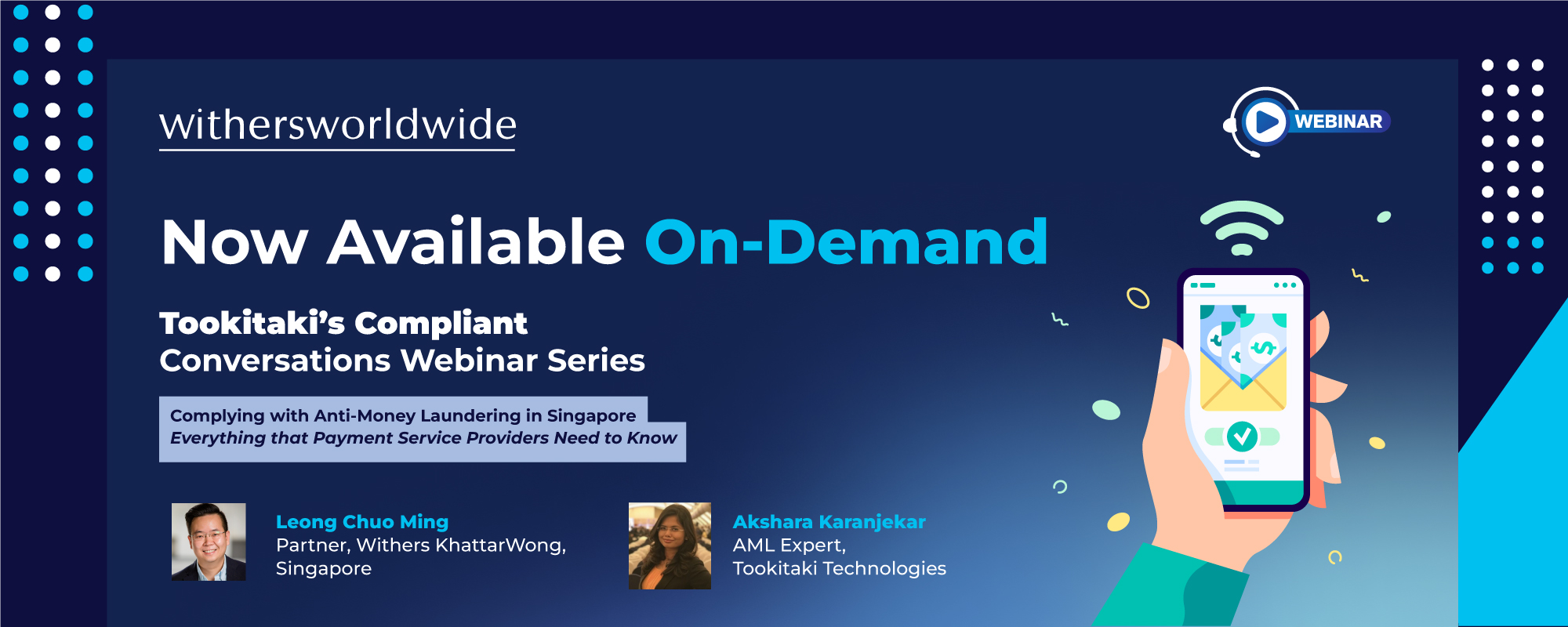Complying with AML Laws in Singapore: Everything that Payment Service Providers Need to Know
Singapore has continuously encouraged financial innovation and emerged as a global leader in developing Fintech and financial services providers.
While the steady rise of fintech companies in Singapore changed the payment services landscape, it has brought with it new risks. Hence, payment service providers must implement robust controls to detect and deter the flow of illicit funds through Singapore's financial system. One of the most significant moves to integrate fintech into the nation's economic profile came with the enactment of the Payment Services Act 2019 (PSA), which came into effect in January 2020.
Payment service providers in Singapore can conduct multiple payment services under one licence. You can hold either a money-changing license or standard payment institution (SPI) licence, or a major payment institution (MPI) licence.
Hear from industry-leading experts about what it takes as a licensee under the PSA to adhere to the ongoing compliance obligations prescribed by the Monetary Authority of Singapore (MAS).
FILL IN YOUR DETAILS
Join Our Next Webinar
The Anti-Money Laundering Act in the Philippines:
Five Ways Fintech Companies Can Comply


